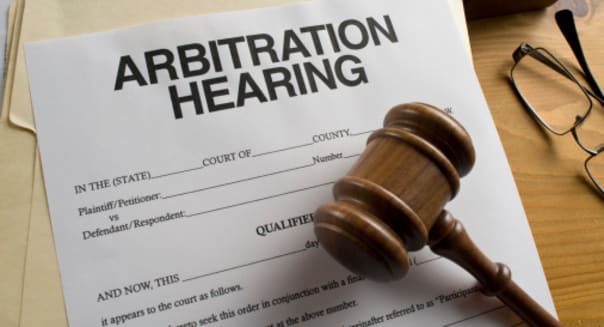Arbitration Not a Good Deal for Consumers, Watchdog Warns

WASHINGTON — The top U.S. consumer watchdog said Tuesday that arbitration clauses used by companies to dodge lawsuits take away consumers’ rights to sue in courts and don’t provide much relief to them.
The findings by the U.S. Consumer Financial Protection Bureau raise the prospect that the agency could move to regulate the pre-dispute arbitration practice that U.S. companies say helps prevent petty lawsuits and reduce legal costs.
The practice, however, has faced criticism from lawmakers and federal regulators who argue that people should be allowed to choose whether to go to court or settle disputes by arbitration.
Richard Hunt, president and CEO ofConsumer Bankers Association, argued in a statement that arbitration has for decades proved to be the best and most affordable way for consumers to quickly solve disputes with companies.
The CFPB, which studied arbitration clauses in checking accounts, credit cards, prepaid cards, payday and private student loans, and mobile wireless services, found that tens of millions of consumers were under arbitration agreements, but few knew about them or understood their impact.
“Now that our study has been completed, we will consider what next steps are appropriate,” CFPB Director Richard Cordray said in a statement.
The 2010 Dodd-Frank Act requires the CFPB to study pre-dispute arbitration clauses in consumer financial markets and allows it to craft rules regulating their use to protect consumers.
The agency found that 53 percent of credit cards studied, 92 percent of prepaid cards and 86 percent of private student loan lenders include arbitration clauses.
Susan Weinstock, director of consumer banking at the Pew Charitable Trusts, said that the problem with arbitration clauses is that they take the choice away from consumers who may want to seek legal redress through the courts, and that results of arbitration aren’t public and can’t be appealed.
A top U.S. Securities and Exchange Commission official has also waved a red flag over arbitration in Wall Street, urging the government to issue rules restricting the practice by brokerage firms.
